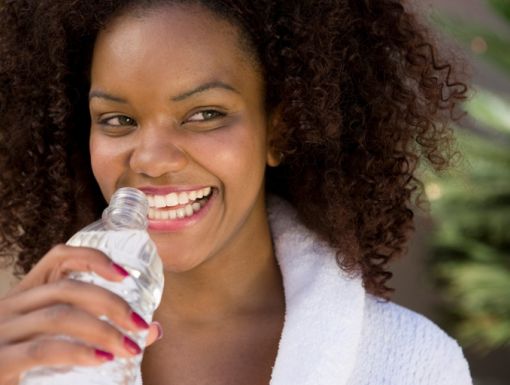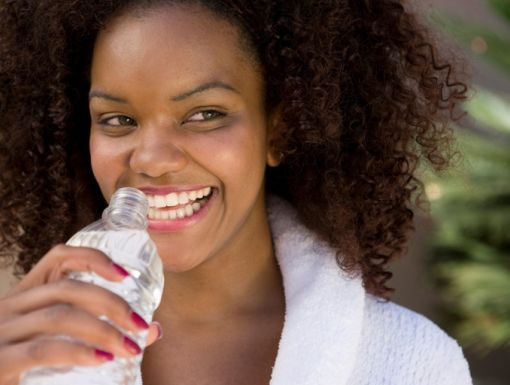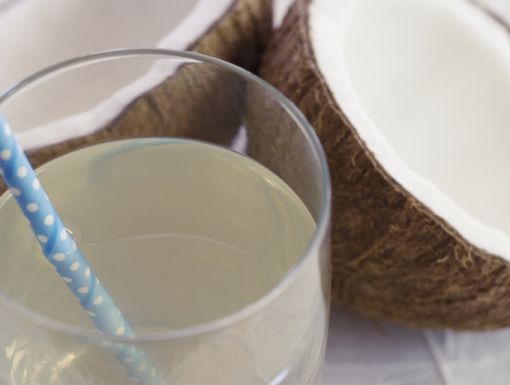
4 Dehydration Facts To Know
Staying hydrated is a key component to a healthy lifestyle, especially in hot, humid climates. However, it’s often easy to get busy or distracted and forget to drink water, or consume beverages that do not sufficiently promote hydration.
Why is getting enough water so important?
About two-thirds of our body, close to 70%, is made of water. Hydration is also the foundation of good nutrition overall, and helps promote optimal performance.
We often associate dehydration with vigorous exercise, but with high humidity and heat, it's very easy to become dehydrated from something like gardening or simply hanging out at the pool or beach. Other common causes of dehydration include certain illnesses, pregnancy and certain medications.
How can you avoid dehydration?
Plan ahead to avoid getting dehydrated. If you’re planning outdoor activities, always bring enough water with you. When planning your water intake for the day you may ask yourself, what should someone's ideal water consumption be? For most women, one to two liters per day would be a basic amount to start with. Men would start with two to three liters per day. If you exercise or you're out in the heat doing physical activity, add about eight ounces every 15 to 20 minutes during the activity.
You may be wondering about caffeinated beverages like coffee or tea and how they affect your hydration. If water is your main source of hydration, you can still sip the drinks that you love. Drinks like coffee or tea are fine through the day as long as you get that base of a couple of liters of water per day.
What are the symptoms of dehydration?
The average person is often unaware of when they are showing the first signs of dehydration. Common dehydration symptoms include:
- A dry or sticky mouth, fatigue, mild dizziness.
- Less urine than normal, or no urine for eight hours. Urine that is darker than usual may indicate dehydration; diet, medications and vitamin supplements can also affect urine color.
- Few or no tears, poor muscular coordination.
- Fast heart rate
- Lethargy, irritability or fatigue
- Listlessness change in mental status. If you experience these symptoms, you may be experiencing severe dehydration and may need to be treated in the emergency department.
How can you recover from dehydration?
- Drink at least 12 8-ounce glasses of fluid every day to overcome and prevent dehydration. Fluid may include water; orange juice; lemonade; apple, grape, and cranberry juice; clear fruit drinks; electrolyte replacement and sports drinks; and teas and coffee without caffeine. Be sure to follow up with your health care provider if you don't get better within 24 hrs.
- · Remember – warning signs you should seek immediate medical attention include very dark urine, little urine output and/or dizziness, weakness, confusion, lethargy and fainting.
It is best to avoid dehydration in the first place. Always remember to drink water and other liquids throughout your day. If you are planning to do any type of physical outdoor activity, bring a few bottles of water for you and your friends.
Learn more about Dr. Jeffrey Burnham and Ochsner Sports Medicine.



